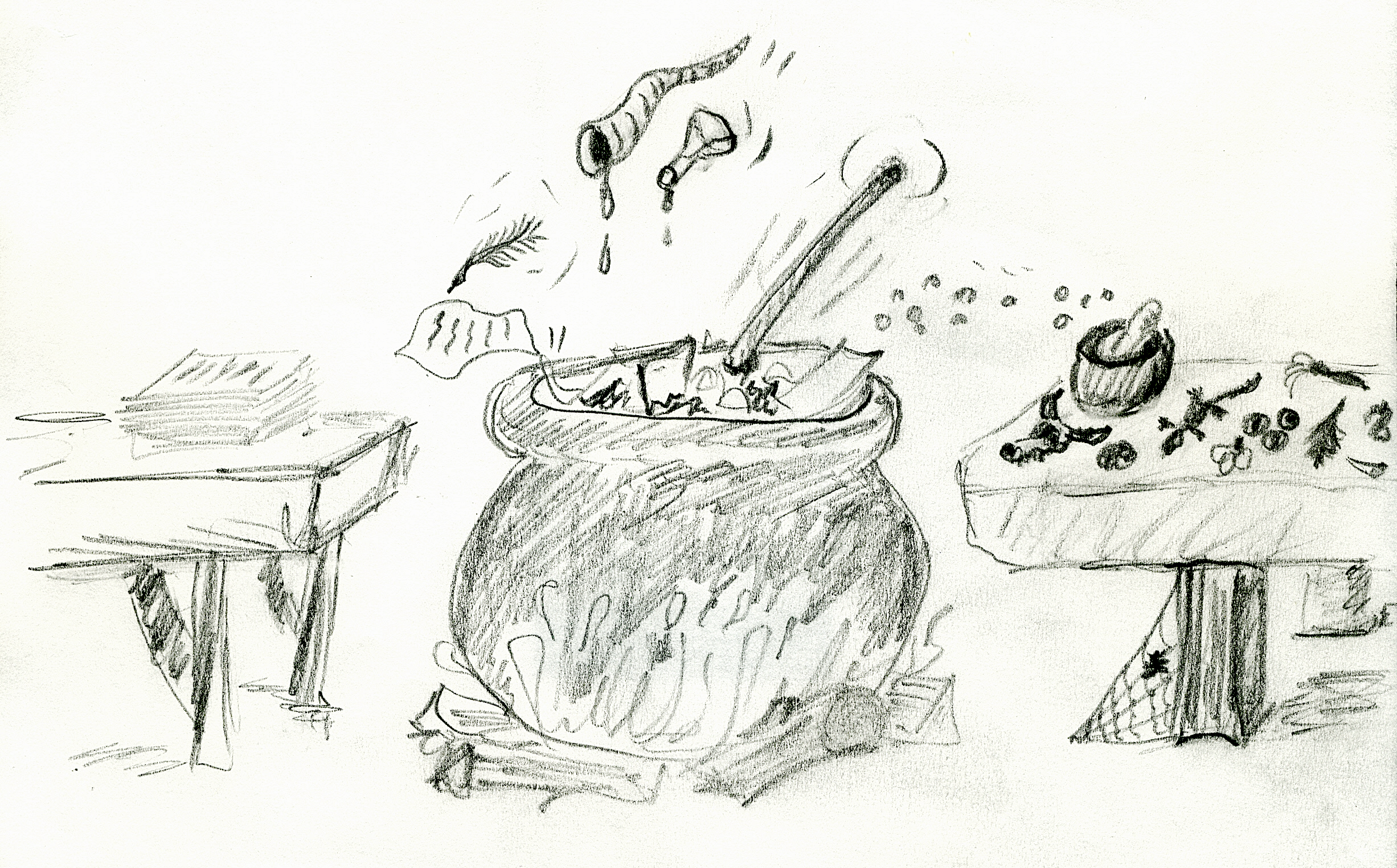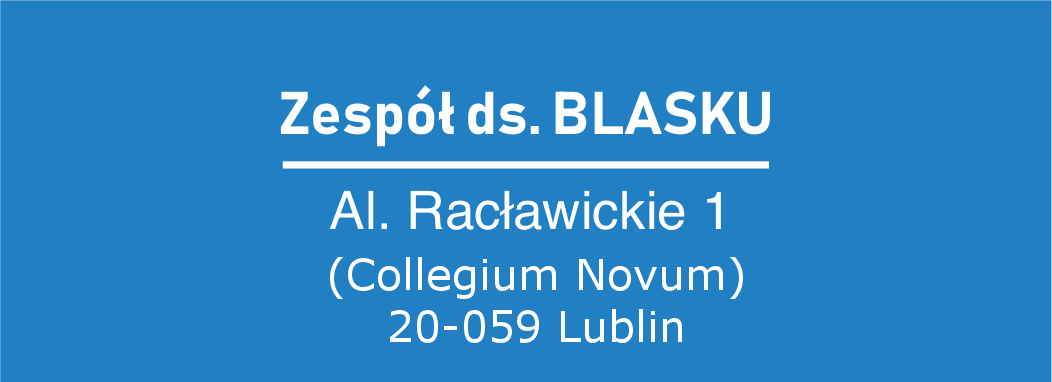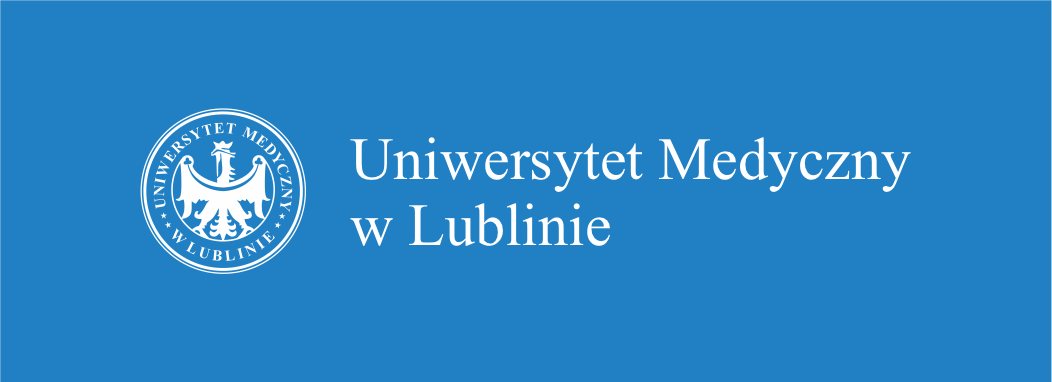Informator uniwersytecki
numer 013
kwiecień 2022
★
4
Ready for a PhD? Part I
Getting a PhD is the very final frontier of the student’s career, afterwards you are never again called “student”. I will write a little more on the silly life-long “title chase” later on, for now we focus on the PhD.
What is in the name PhD?
The term PhD is an abbreviation of “Philosophy Doctor” which might sound a little strange in some contexts, first because in many countries you get a Doctorate in the specific field you are in: Doctor of Chemistry, Doctor of Biology, Doctor of Physics, Doctor of Evil, etc. It is in the English-speaking nations where you get an actual PhD and virtually nowhere else. Yet, somehow the translation of doctorates from other languages, regardless of the field, to English is yet PhD.
Why Doctor of Philosophy? The concept was explained to me when I entered my PhD studies in the UK, as follows:
The students get or define a problem and then they go out there and solve it, using logical arguments and experimental set ups, just like the ancient Greek philosophers did – who BTW not always got it right (see hypothesis-based….). So philosophising (AKA imagining) is, in many ways, the way to solve problems (see Mental Stimulations), then you need to experimentally prove that.
The term PhD is an abbreviation of “Philosophy Doctor” which might sound a little strange in some contexts, first because in many countries you get a Doctorate in the specific field you are in: Doctor of Chemistry, Doctor of Biology, Doctor of Physics, Doctor of Evil, etc. It is in the English-speaking nations where you get an actual PhD and virtually nowhere else. Yet, somehow the translation of doctorates from other languages, regardless of the field, to English is yet PhD.
Why Doctor of Philosophy? The concept was explained to me when I entered my PhD studies in the UK, as follows:
The students get or define a problem and then they go out there and solve it, using logical arguments and experimental set ups, just like the ancient Greek philosophers did – who BTW not always got it right (see hypothesis-based….). So philosophising (AKA imagining) is, in many ways, the way to solve problems (see Mental Stimulations), then you need to experimentally prove that.

In many other countries, the PhD programme involves taking years of courses and passing exams. In others, particularly in Nordic nations, they need to gather credits by a mix of taking courses, attending conferences and workshops, not only within one’s university but in any Nordic university – typical Nordic trust on each other and flexibility – but also international courses/workshops such as EMBL, Spring Harbour, etc. Universities there offer many open courses for PhD/master students so they have almost completely free-hands to select what they need or they find useful to achieve their goals. In a few other places, where they believe tight control and organisation is better, there is a fix set of courses the students must take, whether they are beneficial or not, and a poor selection of facultative courses to get the required credits. In my experience, the latter is the least beneficial for students who end up in completely useless courses.
Besides credits, there are other items to the PhD cauldron, for example “publications”. Often a numerical factor such as “2 publications, at least one as first author”. But this varies also quite a bit. In the UK there was, and I guess still is, the rule of no need to have any publication. Yet, the student must demonstrate, and being able to defend, that has taken the steps to solve the problem. In Finland they used to have an unwritten rule for 3 or more original articles, reviews not accepted, in which the student must be the first author of more than 50% (= 2 or more). Yet, a few years ago they decided to write down the rules clearly as PhD students started to take >10 years to graduate. Now the written rules say that the student does not necessarily need any publications, yet needs to fully demonstrate that has done enough to obtain the degree – the best way via publications of course!
While I’m in support that PhD students publish, mostly so they get a full view on the academic life, the concept of “must publish” followed by a numerical value is dangerous in different fronts. First because if a given number, then we are pushing for “salami research” and cutting corners. So instead of making a more complete and better article, they are forced to publish two, or more, poorer articles. Second, by the need to publish they cannot undertake risky projects - as note when one of my PhD students presented her project (supported by NCN) to enter the local kindergarten she used the term “high risk project”, as it was a high risk project, yet they told her “we do not have high risk projects in this university”. I can tell you that we do!. Third, what if one were scooped in the last minute? This happened to a friend of mine (Anastacia, not her real name) back in the UK. Her project was to sequence (the era before NGS) some Helicobacter pylori genes. Just as she was about to submit her work, the full genome of H.pylori was published. Her 3+ years of hard work were going down the toilet. Should she still get a PhD? Would not she deserve it?. Finally, by being requested to have more than one first author article, this reduces the collaboration among PhD students, large part of the research force, as well as with larger consortia. Bigger problems require many people from very different fields to solve.
Once you collect these hard-to-obtain items, plus a few rare herbs and the eye of a flying newt, there is still the final examination. Yet, even here there are big differences. In a few countries it is called “defence” where the sole examiner is called “opponent” while the student is the “defendant”. Sometimes a panel of examiners. Often, it is open to the public and might last around 2-3h in average. In Britain it is referred to as “viva” (from Latin viva voce – living voice) and it is a closed-door affair with 2 examiners (internal and external) and the student is roasted for as many hours as needed to convince the examiners (s)he is ready to get the title. My examiners told me “the student must be humiliated a bit to show that even if carrying the title (s)he still knows nothing” just after my viva, a very educational experience. In some countries, such as the Netherlands, there is a panel of examiners but it takes exactly one hour, after which the examination ends to the delight of the student.
The above rules are usually imposed by some doctoral kindergarten (upps! doctoral school), but the question here is when does a supervisor, and more importantly the PhD student, know it is PhD time?. Many define this as “articles or achievements” (fulfilling a set of requirements), other as “passing the courses and the exam”, and yet others as “the ability to defend their take on how to solve the problem”.
My supervisor, mentor and now friend (“Dob”), back in the UK, had a great definition:
A PhD student is ready when (s)he knows the project better than the supervisor and is able to correct the supervisor using experimental evidence.
At the end, there is no recipe to have better PhDs other than pushing for hard research questions instead of putting tons of rules that usually make things worse.
BTW, fortunately for Anastacia, the full draft of the H.pylori genome had a few gaps and polymorphisms/mutations, which she could pin pointed via her carefully sequenced work. Once she calmed down and dried the tears, she was able to publish them AFTER she was awarded the PhD.
To me, a PhD student is not ready until my grill and grilling tools are spotless and sparkly, ready for the next PhD wannabe.
Once you collect these hard-to-obtain items, plus a few rare herbs and the eye of a flying newt, there is still the final examination. Yet, even here there are big differences. In a few countries it is called “defence” where the sole examiner is called “opponent” while the student is the “defendant”. Sometimes a panel of examiners. Often, it is open to the public and might last around 2-3h in average. In Britain it is referred to as “viva” (from Latin viva voce – living voice) and it is a closed-door affair with 2 examiners (internal and external) and the student is roasted for as many hours as needed to convince the examiners (s)he is ready to get the title. My examiners told me “the student must be humiliated a bit to show that even if carrying the title (s)he still knows nothing” just after my viva, a very educational experience. In some countries, such as the Netherlands, there is a panel of examiners but it takes exactly one hour, after which the examination ends to the delight of the student.
The above rules are usually imposed by some doctoral kindergarten (upps! doctoral school), but the question here is when does a supervisor, and more importantly the PhD student, know it is PhD time?. Many define this as “articles or achievements” (fulfilling a set of requirements), other as “passing the courses and the exam”, and yet others as “the ability to defend their take on how to solve the problem”.
My supervisor, mentor and now friend (“Dob”), back in the UK, had a great definition:
A PhD student is ready when (s)he knows the project better than the supervisor and is able to correct the supervisor using experimental evidence.
At the end, there is no recipe to have better PhDs other than pushing for hard research questions instead of putting tons of rules that usually make things worse.
BTW, fortunately for Anastacia, the full draft of the H.pylori genome had a few gaps and polymorphisms/mutations, which she could pin pointed via her carefully sequenced work. Once she calmed down and dried the tears, she was able to publish them AFTER she was awarded the PhD.
To me, a PhD student is not ready until my grill and grilling tools are spotless and sparkly, ready for the next PhD wannabe.
Adolek
Who has a real PhD. Some claim it stands for Permanent head Damage, though.
Check out the previous articles:
Quiz - Answers
QUIZ
Mental Stimulations
The decorative serviette
Adolek on butterflies and other flying creatures
Curva peligrosa
Hypothesis-driven research
Do not let anybody shatter your dreams
Where is all the equipment?
A life in science
Check out the previous articles:
Quiz - Answers
QUIZ
Mental Stimulations
The decorative serviette
Adolek on butterflies and other flying creatures
Curva peligrosa
Hypothesis-driven research
Do not let anybody shatter your dreams
Where is all the equipment?
A life in science
© 2022 Centrum Symulacji Medycznej UM w Lublinie







